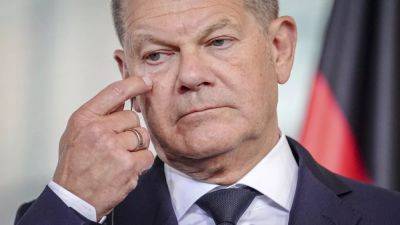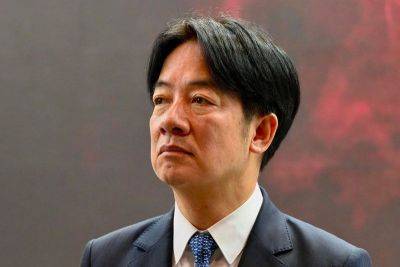European elections: Far right made big gains. What's next?
BRUSSELS (AP) — For decades, the European Union — which has its roots in the defeat of Nazi Germany and fascist Italy — confined the nationalist far right to the political fringes.
With a strong showing in elections Sunday, far-right forces could now influence or block joint EU-wide policies on migration, security and climate change.
Senior EU party officials and number-crunchers met Monday to work out what kind of groups and alliances might be formed in the parliament for the next five years. Party presidents will hold their first formal talks on Tuesday.
EU presidents and prime ministers will hold a summit June 17 to take stock of the results. They will also discuss whether to return Ursula von der Leyen to the helm of the EU’s powerful executive branch, the European Commission.
The new parliament’s first session starts in mid-July in Strasbourg, France. Pro-EU conservative parties are expected to have the biggest group. Populist or far-right forces have more seats than ever, but their views diverge on many issues.
One thing is clear: The results will slow decision-making and the passing of legislation on issues from climate change to farm subsidies.
The two world wars and the Holocaust started in Europe, and EU was created to prevent such horrors. Longtime enemies agreed to open trade and borders and even share their currency, sacrificing some sovereignty to ensure stability after centuries of conflict.
The EU’s single market has helped keep Europe competitive in a globalized economy. Its collective economic weight means that its sanctions bite — one reason Russia’s Vladimir Putin benefits from divisions within the bloc.
The EU’s restrictions on carbon emissions have set a global example, as have its data privacy protections and regulations of Big Tech. All those measures required consensus from 27 diverse countries and approval by the European Parliament.
Meanwhile, democratic institutions and values have faced growing threats in several EU countries, from political violence in Germany, Slovakia and Denmark, to Hungary’s crackdown on free media, and mistreatment of migrants across the bloc.
The EU has rallied behind Ukraine since Russia’s 2022 invasion, with







